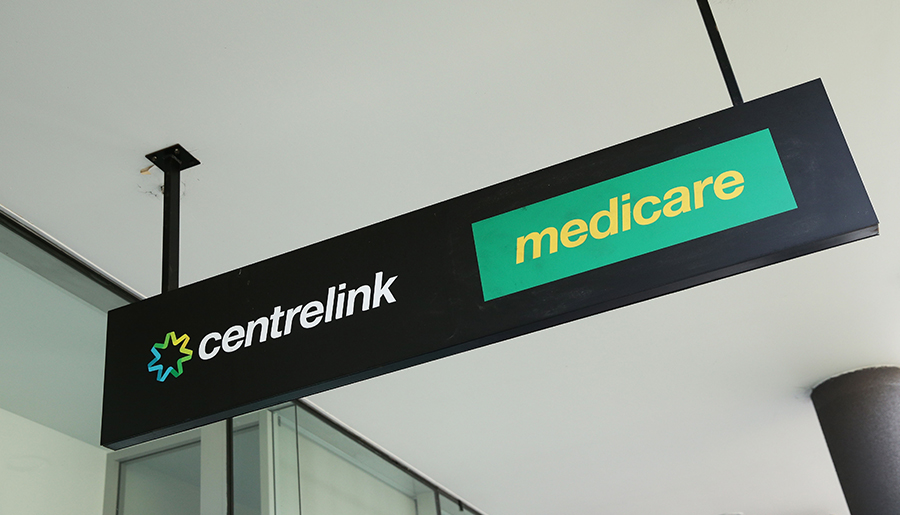Almost 1000 pages. Three volumes. Criminal prosecution recommendations. Meet the Robodebt report released by the Royal Commission.
In 2016, the government of the time launched an automated debt recovery system, which later became known as Robodebt. This system was meant to ‘claw back’ $4 billion worth of incorrectly distributed welfare funds. However, it ended up targeting a lot of Centrelink folks that did nothing wrong. Over the years, Robodebt stole heaps of money from our most vulnerable citizens.
Families were destroyed. Lives were ruined. Some people never recovered.
In August of 2022, Australia finally launched an enquiry into its Robodebt system. Under the direction of Chief Justice Catherine Holmes, the Royal Commission into the Robodebt Scheme was born.
Nearly a year later, Holmes’ research was published. As previously mentioned, her report is a beefcake.
So, what does the Robodebt report say? Who was at fault for this mess? Well, instead of flipping through 1000 pages yourself, here are the Robodebt highlights.
Lesson One: Robodebt Was Illegal
When it comes to critiquing the Robodebt scheme, the Holmes report didn’t pull any punches. She stated that not only was this programme illegal, it was ineffective. At the end of the day, this scheme didn’t save the government any money whatsoever.
“Robodebt was a crude and cruel mechanism, neither fair nor legal, and it made many people feel like criminals,” wrote Holmes. “In essence, people were traumatised on the off-chance they might owe money. It was a costly failure of public administration, in both human and economic terms.”
“It is remarkable how little interest there seems to have been in ensuring the scheme’s legality, how rushed its implementation was, how little thought was given to how it would affect welfare recipients, and the lengths to which public servants were prepared to go to oblige ministers on a quest for savings.”
Lesson Two: Some People Are to Blame
Now, it’s worth noting that the Robodebt scheme didn’t exist in a vacuum. It was created and perpetuated by people.
Fortunately, Catherine Holmes knows this. In her Robodebt report, she sledges a number of parliamentary members and public servants.
The parliamentary members Holmes criticised include:
- Former Prime Minister, Scott Morrison
- Victorian Liberal, Alan Tudge
- Former Queensland MP, Stuart Robert
- Former Minister, Christian Porter
The public servants Holmes criticised include:
- Kathryn Campbell
- Mark Withnell
- Malisa Golightly
- Annette Musolino
- Russell de Burgh
- Serena Wilson
- Cath Halbert
- Renée Leon
One of the public servants that Holmes was most critical of was Kathryn Campbell. This is because Campbell led the Department of Social Services during the Robodebt days.
As Holmes wrote, “Campbell had been responsible for a department that had established, implemented, and maintained an unlawful program”.
“When exposed to information that brought to light the illegality of income averaging, she did nothing of substance. When presented with opportunities to obtain advice on the lawfulness of that practice, she failed to act.”
Lesson Three: There Are More Secrets
In Holmes’ Robodebt report, there’s a sealed section that hasn’t been released to the public. This section “recommends the referral of individuals for civil action or criminal prosecution.”
Holmes believes that this section should remain secret. This is because she doesn’t want to “prejudice the conduct of any future civil action or criminal prosecution.” However, some people believe the secretive nature of this section is concerning.
One such person who has booed the sealed section was Michelle Grattan, the Chief Political Correspondent for The Conversation. Grattan believes that this decision harms Robodebt’s victims.
“The general public, and especially the victims of Robodebt, deserve to know who has been referred,” said Grattan.
“The scheme did immense damage to a huge number of people. The commission has been scathing about many individuals. There is a strong case for revealing what actions it believes should be taken against which people.”
Related: Robodebt Was the Grinch That Stole My Christmas
Related: What the Robodebt Royal Commission Unearthed in January
Read more stories from The Latch and subscribe to our email newsletter.







